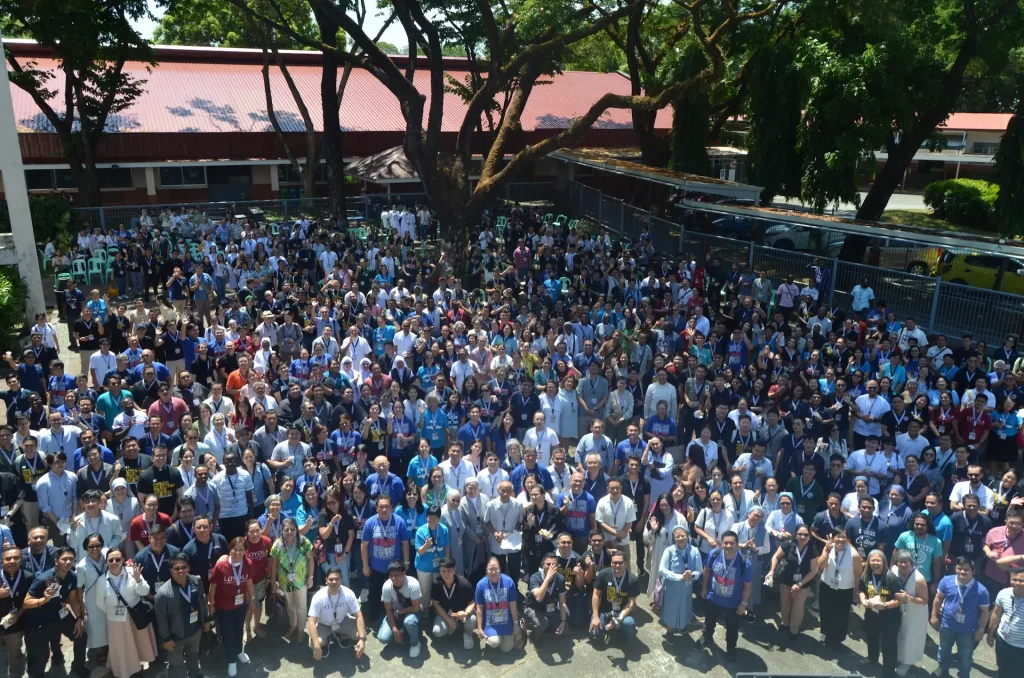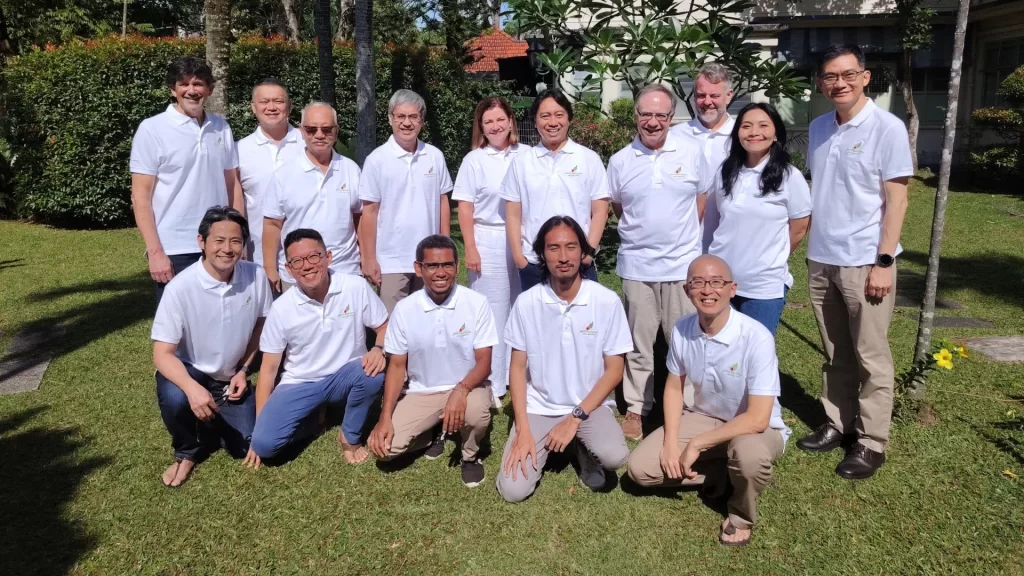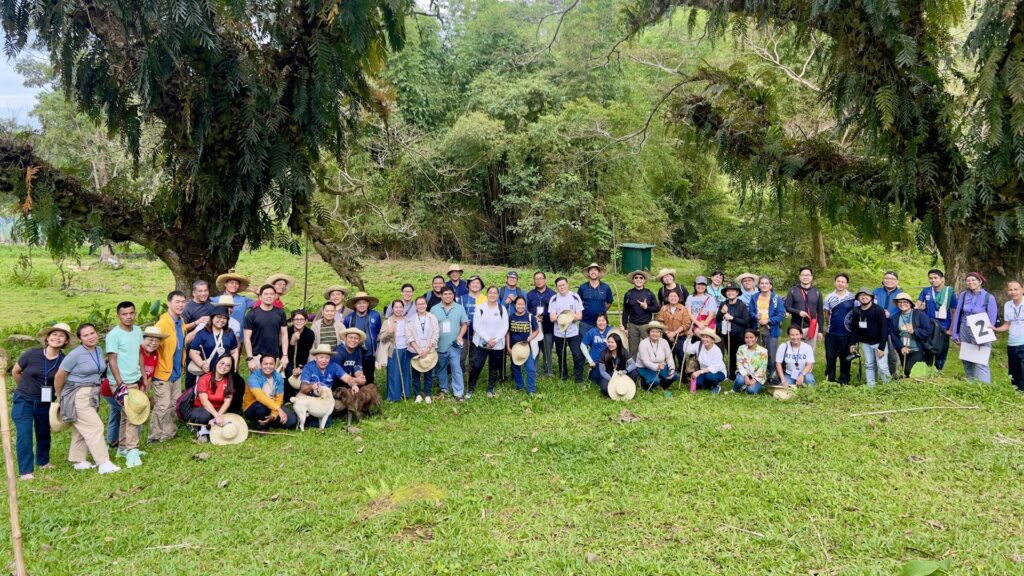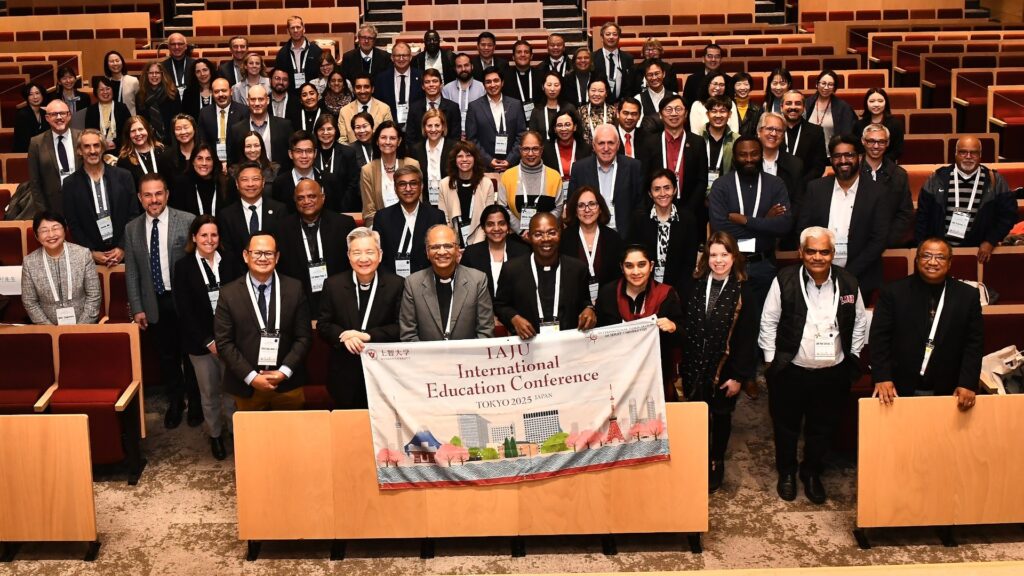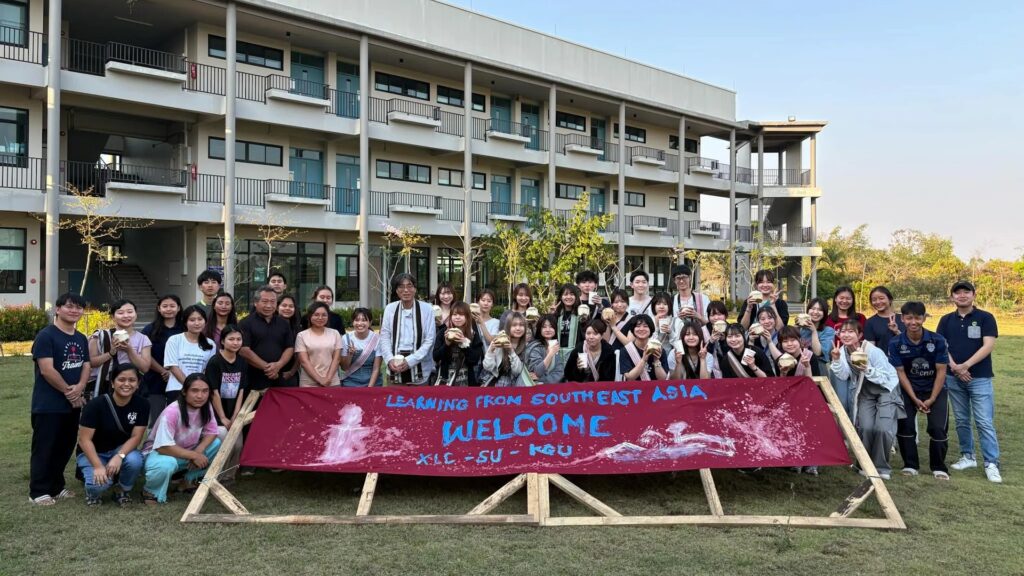Education continues to be a priority for Jesuits in Asia Pacific, as the recent JCAP meeting of Province delegates for pre-secondary and secondary education revealed.
Several new initiatives in education are underway or proposed within the Conference.

Another new school, Redfern-Jarjum College, will open in Australia in October. This primary school for aboriginal children will begin with some 20 students from very needy families.
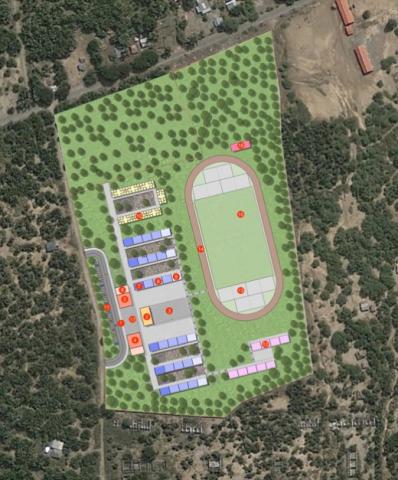
In Cambodia, a Jesuit secondary school has been proposed, in Hong Kong, a Jesuit university is being proposed, and the Jesuits of the Malaysia-Singapore Region will manage a diocesan school in East Malaysia from 2013.
In Myanmar, the Jesuits have a tremendous opportunity to serve in the area of education. The country has invested less than 1% of GDP in education in the last 50 years, and faces an enormous challenge in building up its education system. The Society has been operating two of the country’s handful of educational institutions for the past 10 years, under the general social limitations.
Fr Mark Raper SJ, Major Superior of the Jesuit Mission of Myanmar, says “As social conditions in Myanmar change, the Church seeks to find its contribution to civil society. Our Jesuit institutions here are now seeking relations with Jesuit and other universities around the world and are ready to recruit educational experts to meet the new challenges.”
In addition to new schools, meetings and fora are being held for greater collaboration among schools and student development. One of these is the first Asia Pacific Ignatian Student Forum, hosted by Xavier School in the Philippines in July. The forum aims to provoke discussion and reflection on accommodation, social justice, magis and discernment among student leaders from five schools in five countries – Canisius College (Jakarta, Indonesia), Sophia High School (Fukuoka, Japan), St Ignatius Riverview (Sydney, Australia), Wah Yan Kowloon (Hong Kong, China), and Xavier School (Manila, Philippines).
Areas of concern were also discussed. Several Jesuit schools no longer have Jesuit principals and few, if any, Jesuit teachers. The delegates tossed around ideas on how it might be possible to attract more Jesuits to this apostolate.
In Australia, accreditation requirements are becoming stricter by the day. Fr Chris Gleeson SJ of the Australian Province informed the group that the regency experience of scholastics would be affected by the government’s decision to gradually require aspiring teachers to have a Master’s in Teaching degree.
“It is soon going to become significantly more difficult for Jesuit scholastics to do a meaningful teaching regency in one of our schools,” said Fr Gleeson. “It has become increasingly clear that we need to find ways in which they can do teaching accreditation studies through long summer vacations and winter intensives. If we don’t find a solution here, it will mean our scholastics will be unable to do a full teaching regency without proper accreditation.”
Fr Gleeson was one of nine delegates at the meeting, which was held in Timor Leste from May 26 to 29. The other delegates were Ashley Evans SJ (Cambodia); Stephen Chow SJ (Chinese Province); Yoshitaka Ura SJ (Japan); Johnny Go SJ (Philippines); Plinio Martins SJ, Roy Ragas SJ and Quyen Vu SJ (Timor Leste); and Conference President Mark Raper SJ. Two others – Fr Emmanuel Baskoro Poedjinoegroho SJ (Indonesia) and Fr Arthur Leger SJ, Director of EAPI – were unable to attend at the last minute.
A large part of the agenda was devoted to Timor Leste’s secondary school and teacher education project. A morning was spent on the presentation and discussion, and on their last day, Frs. Plinio and Ragas drove the delegates to Kasait to see the project site.
“It was a great opportunity for the education delegates to put our heads together, to exchange ideas, and offer our suggestions about the project. The session was also a valuable learning experience for those who were working on projects, learning from the issues and problems facing the Timor Leste project,” said Fr Johnny.


